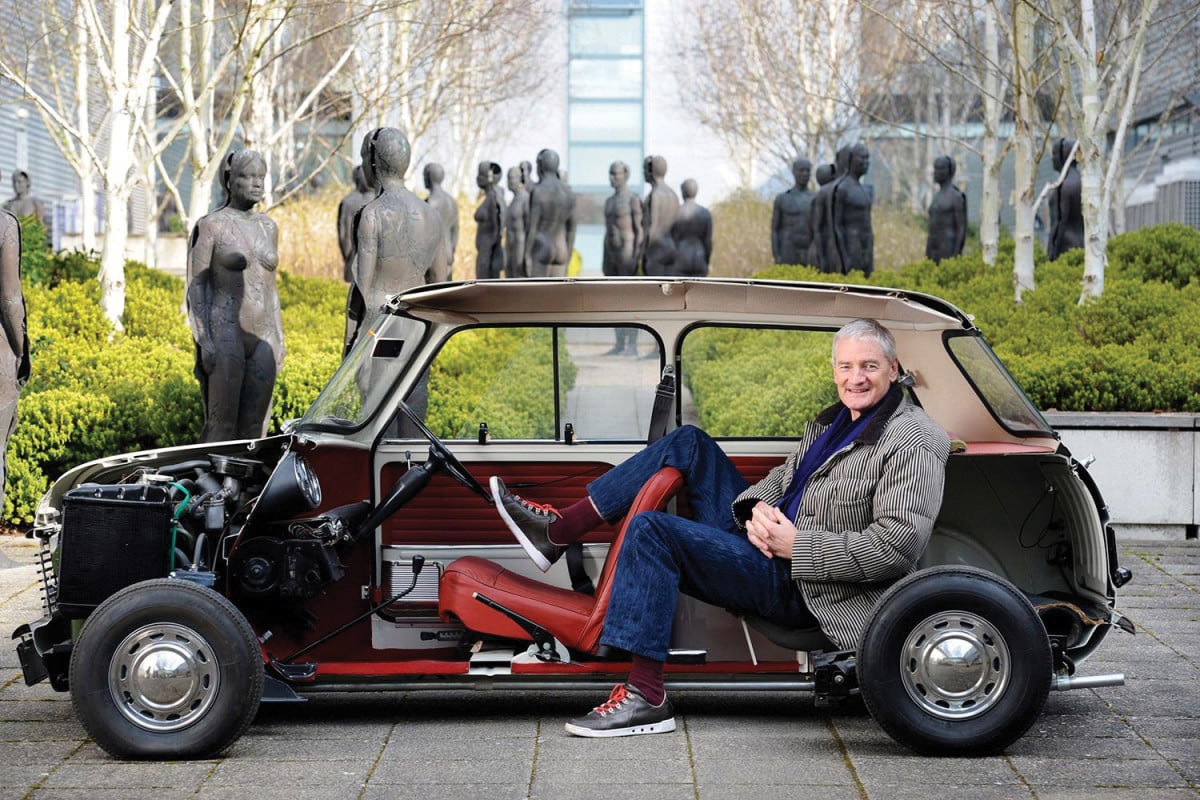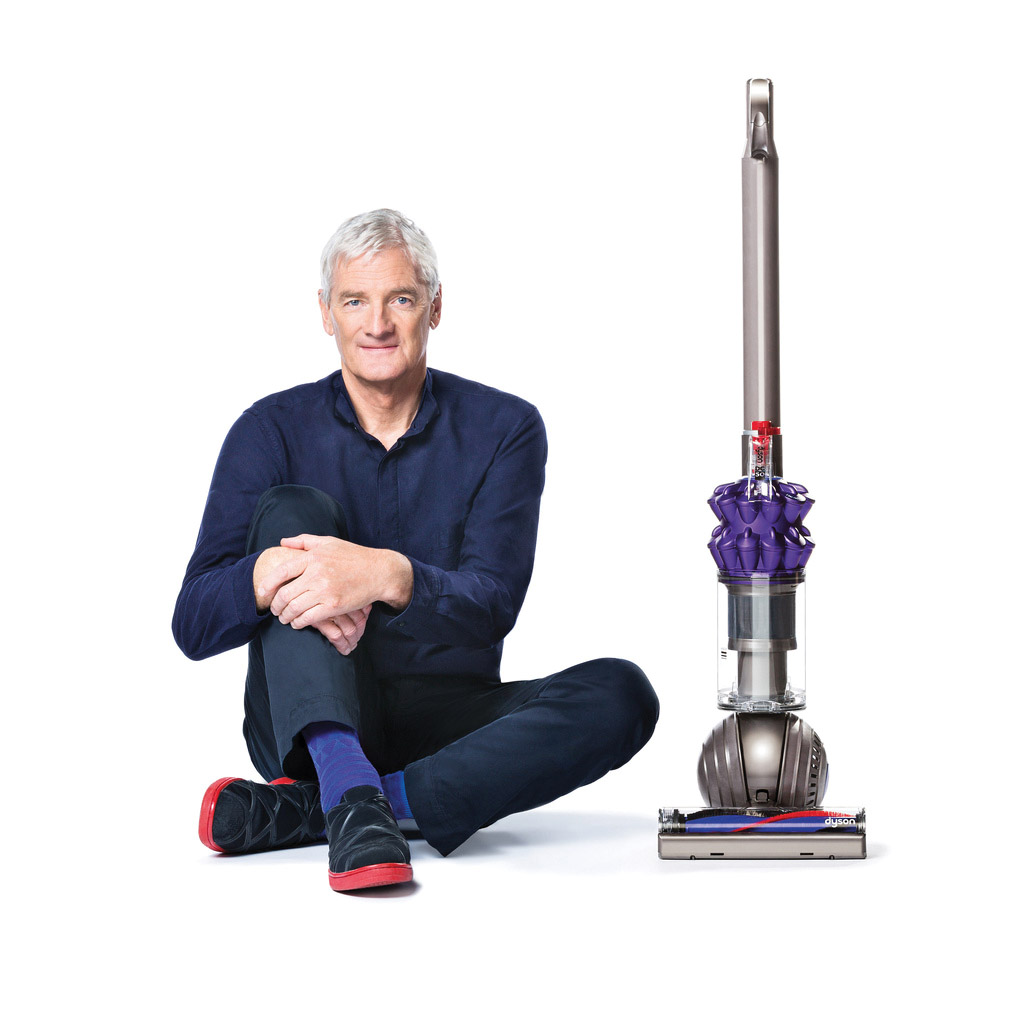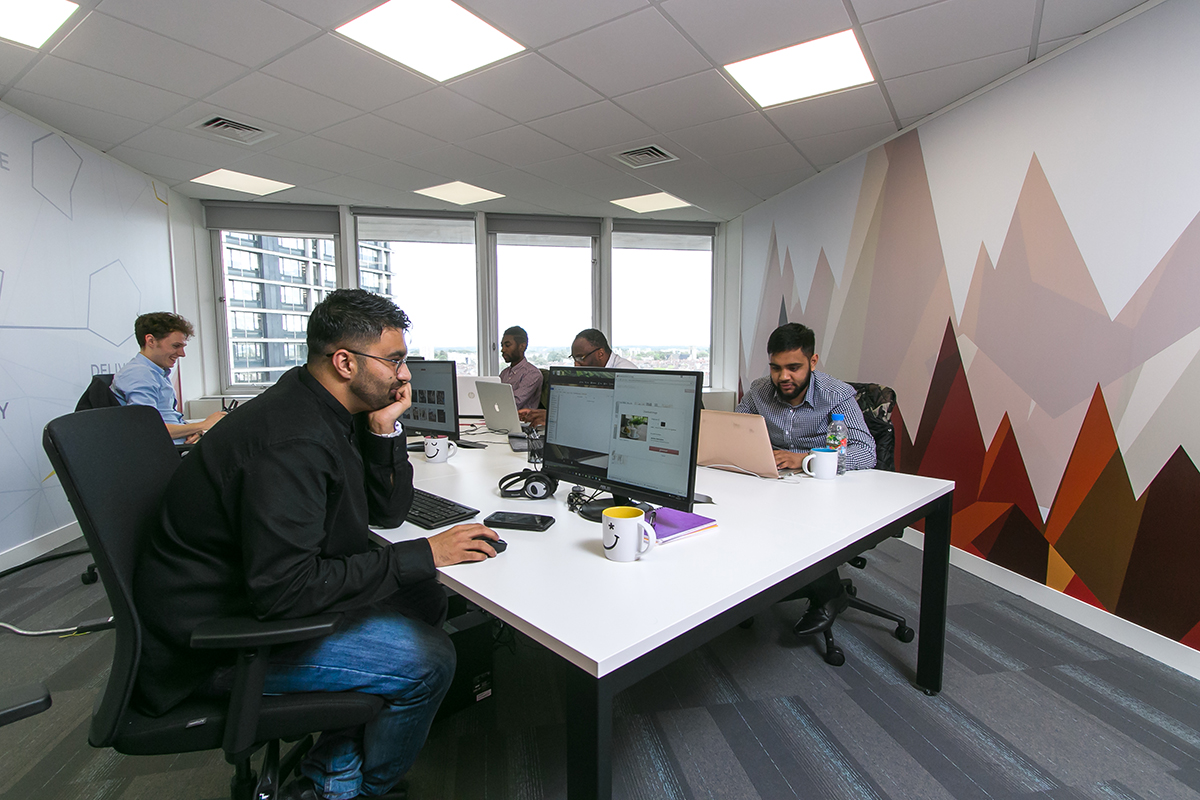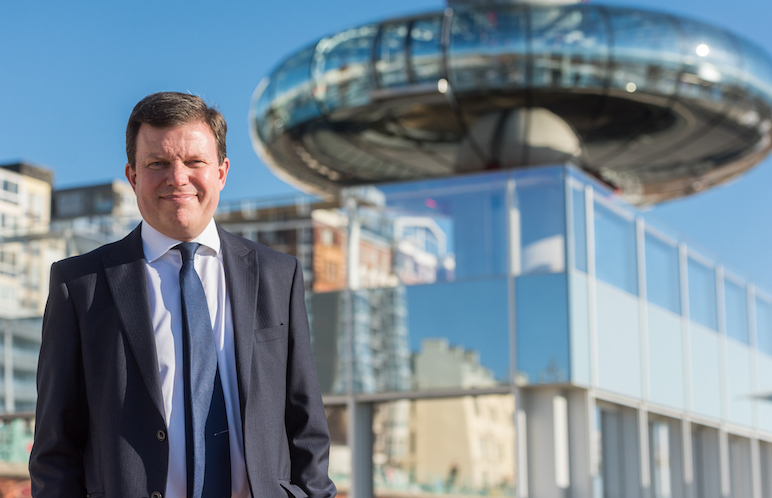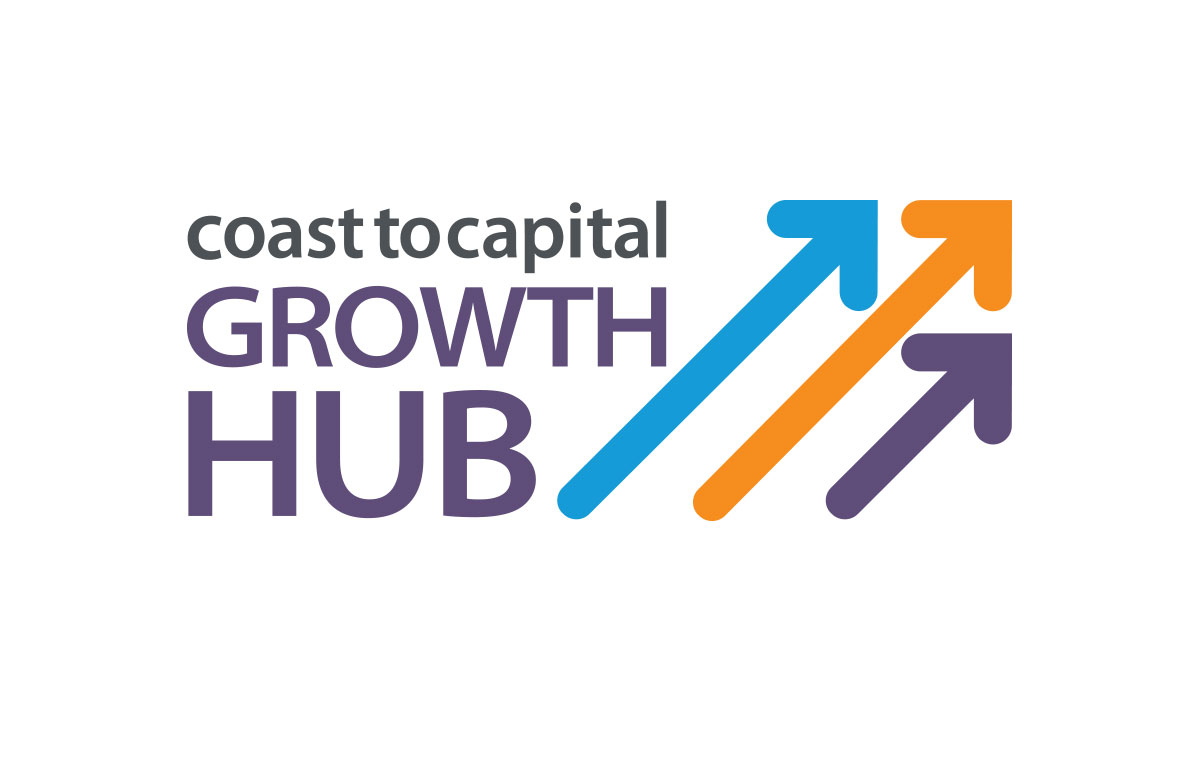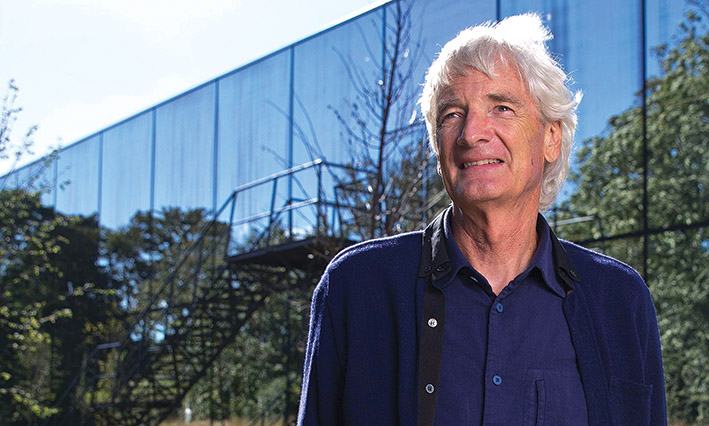
In October, Sir James Dyson announced that he would be building a Singapore manufacturing base to produce a new electric car, with plans to launch the first model in 2021. After years of quietly developing the project at its research facility in Wiltshire, it appears that the Dyson car is about to become a reality. Dyson Chief Executive, Jim Rowan, wrote in a staff memo that the business was making excellent progress on the car and declared that, “Clearly we now need to move quickly towards manufacturing and assembly.” So will we all be driving a Dyson in ten year’s time?
James Dyson has always been a disrupter and an inventor and it would be no surprise if he was to bring game-changing new innovation to the industry, just as he has in other sectors, but this is a very competitive market and many wonder if whether this is a gamble that will pay off. It certainly isn’t a knee-jerk reaction. Dyson reveals he has been working on the concept of an electric car since 1998, and it is believed that he has set aside £2.5 billion into the car project. Bearing in mind the experience of Elon Musk and Tesla, the question is whether this will be enough.
In The Telegraph, industry editor Alan Tovey sought the opinion of Professor David Bailey, an automotive industry expert at Aston University, who expressed doubt that the investment would be sufficient: “In the car industry £2bn is small change, just look at how much Tesla has burned through and they haven’t made a profit.”
Tovey adds a sense of scale, writing that, “Elon Musk’s electric car company spent $3.5bn over the past 12 months alone and last year Volkswagen Group revealed a €34bn investment plan.
“VW, the world’s biggest car company by sales, has stated it wants to be the global leader in electric mobility by 2025, and has an industrial footprint that dwarves all but a few players in the sector.”
Professor Bailey continues: “I’m surprised Dyson has not tried to find partners. Maybe they have a technology that is radically different and don’t want to share it.
“It’s repeatedly said that the next 10 years will see more change in the car industry than the past 100 years because of disruptive new technology. Those companies that don’t embrace the change are going to get crushed - and Dyson’s certainly a disruptor.”
So what will be the outcome? Does Dyson have a masterplan that will change the face of the electric car industry or has he been seduced by an unaffordable dream?
Electric Dreams
The dangers associated with diesel emissions are now well established, but Dyson had concerns before the risks became widely accepted. When you are researching vacuum cleaners, you quickly become finely attuned to pollutants and dirt, and Dyson, acutely aware of how filthy diesel exhaust pipes can be, designed filters to isolate the offending particles. He later recalled: “All I could see and smell were these huge clouds of diesel exhaust coming out. In 20 minutes from a transit van, you could get nearly a cup of this black sud.”
Sadly no-one seemed to share his concern and the idea to tackle diesel emissions was shelved, but Dyson did not fail to see the shared principles in building powerful home appliances and electric cars, notably the source of power.
In a GQ profile of James Dyson, Stuart McGurk highlighted some of the synergies:
“The latest Dyson motor in its V10 cordless vacuum, spins at 125,000rpm – which is around eight times faster than the engine of a Formula One car and ten times faster than a jumbo jet. The magnet inside it gets so hot that it grows. Machine learning and advanced AI are used to control the spin… Manufacture is fully automated and Dyson Ltd can produce one every 12 seconds. It’s a design James Dyson and his team have been refining for more than 20 years.
“The 360 Eye Dyson robot vacuum uses ground-breaking panoramic camera technology and advanced artificial intelligence to learn more about your home the longer it lives in it and can successfully navigate your socks… It took Dyson 17 years of work to develop a robot vacuum, but the result – featuring Dyson’s own unique 360-degree vision system and advanced artificial intelligence – could be incorporated into driverless features.
“In just a few years, Dyson realised he possessed nearly all the major technologies required for an electric vehicle, just in miniature, and in the broom cupboard. An electric motor no one else could rival, a self-driving vision system forged in the fire of the hardest navigational environments on earth (teenagers’ bedrooms) and an air filtration system that wouldn’t just eliminate uncomfortable smells from the car’s passengers, but would be actively cleaning the outside air it sucked in. The company already made six per cent of the rechargeable batteries in the world.”
Innovation in rechargeable batteries has been at the heart of the firm’s research and development for many years. The first clue that Dyson was progressing his car dreams came in 2013 when the Government’s National Infrastructure Delivery Plan revealed government funding for Dyson to develop new battery electric vehicles securing £174m of investment and creating over 500 jobs.
Another crucial development was the appointment of Ian Robertson, who had formerly been on the management board at BMW - in fact, he holds the claim to be the most senior British employee at the manufacturer.
The British Musk?
In addition to the major car manufacturers, the most familiar name in the electric car market is the American entrepreneur Elon Musk. Inevitably comparisons have been drawn between Musk and Dyson, mostly highlighting the contrast of their styles and personalities.
GQ’s Stuart McGurk spells out the stark differences between the extrovert, eccentric Musk and Dyson, who can be easily imagined happily tinkering in his garden shed:
“Seen from a distance, there’s not a lot that binds the brash 47-year-old Musk and the professorial Dyson, 71. One has been married three times, twice to the same person, divorced the same number and wants to die on Mars. The other has been married to the same woman for 50 years and presumably would rather stay at Dodington Park, his Georgian estate in South Gloucestershire.
“One became a billionaire almost overnight after he invented a single piece of payment software (what would later be known as PayPal); for the other, it took decades, countless inventions, an ever-expanding workforce and tens of millions of products sold.
“Musk worries artificial intelligence will create ‘an immortal dictator from which we can never escape’. Dyson worries that the V8 vacuum’s head wasn’t quite good enough at picking up dust on hardwood floors.
“Musk recently went to war with the press and threatened to create a website to rank their honesty. Dyson still gets upset by a poor review in a Japanese consumer magazine, but ‘mostly because they’re right!’”
Both are driven and visionary, but Dyson, at heart, is an engineer who loves to invent. He is very proud to boast that, “The company is run by engineers now. The CEO is an engineer. All the product directors are engineers.” It is clear that he’d have it no other way.
He actually found engineering by accident. He recalls: ”At school I opted for arts, put off by all the formulae in science. There was nothing that combined the two like design engineering does. I only stumbled on engineering by accident and immediately decided what I wanted to do – make things that work better."
One thing that could work better was the vacuum cleaner he had in his home. In 1978, dissatisfied with the performance of his new Hoover Junior, he had an idea. He'd spotted a local sawmill using cyclone technology to separate sawdust particles from the air. Could this work on a vacuum cleaner? James ripped off his Hoover's clogging, stinking bag and replaced it with a crude cardboard prototype of his cyclone design - and it worked!
As well as an inquiring mind he had another vital quality: patience. It took five years and 5,127 prototypes before he created DC01, the world's first bagless vacuum cleaner.
His bio on the James Dyson Foundation reports on the subsequent rapid growth: “Dyson has grown from one man with one idea, to a global technology enterprise of over 7,000 people.
“More than 3,000 of them are engineers. From acoustic to robotic, software to electronics, they use their diverse skills to solve the problems others ignore.
“Every year, the UK faces an annual shortfall of 69,000 engineers. Failing to address it could cost the UK economy £27 billion every year from 2022. Very simply, we need more.
“Feeling strongly that bright young minds shouldn't miss out on an engineering career, as he nearly did, James set up the James Dyson Foundation in 2002 to challenge misconceptions about engineering and combat the shortage.
“The Foundation also runs activities in 25 countries, encouraging young people from across the globe to pursue an engineering career.”
In 2018 the Foundation awarded two MSc students at Lancaster University a £30,000 prize for inventing a spinning wind turbine. Nicolas Orellana, 36, and Yaseen Noorani, 24, scooped the James Dyson award for their O-Wind Turbine, which – in a technological first – takes advantage of both horizontal and vertical winds without requiring steering. Conventional wind turbines capture wind travelling only in one direction, and are notoriously inefficient in cities where wind trapped between buildings becomes unpredictable. Clearly these are inventors from the same mould as James Dyson.
Abandoning Britain
James Dyson could be lauded as a national treasure but instead he may be known as the man who betrayed Britain. Just as we go to print, the company has announced that its Headquarters will also be relocated in Singapore. With the opportunities in the Far East, it could be explained away as a pragmatic, but disappointing strategic move. But James Dyson has been a vocal and consistent advocate of Brexit.
“I would just walk away,” says Dyson. “We have offered lots. They’ve offered nothing. They’ve made a huge fuss about Ireland, which is none of their business. We are walking away and if you want to sell your cars and washing machines and your wine and Champagne to us, we’ll talk, but when you behave like this, we will not talk to you. The fast-expanding markets are in the Far East. Europe is declining. I have always said the Commonwealth countries are the ones we should be trading with first. They speak English. They used to like us. We understand them. They are huge, rich markets – Australia, Canada, India. Why aren’t we concentrating on those?”
He is probably the highest profile British businessman to come out strongly for Brexit - and the harder the better! Unsurprisingly his outspoken stance has attracted criticism, and even accusations of hypocrisy in the context of his Singapore migration.
An example can be found in The Daily Mail, hardly known as a fortress of Remainers. Ruth Sunderland writes: “Sir James is far too astute not to realise that critics will interpret it as the hypocrisy of a rich Brexiteer. He will be branded as a man who delivered an almighty snub to Britain at a time when the country needs him most, as we seek to build our economy from outside the EU. And the bombshell comes at a critical point in negotiations over our departure, when entrepreneurs without Sir James’s vast personal fortune are terrified of losing their livelihoods.
“They do not have the option, as he does, of simply moving their HQ to another continent – they will have to battle to keep their businesses afloat no matter how tough Brexit may be.”
Liberal Democrat MP Layla Moran, unsurprisingly, took the opportunity to declare: “This is staggering hypocrisy for Brexit-backing businessman James Dyson. It is utterly unbelievable that the business face of Brexit is moving yet another part of his business out of the UK.
“James Dyson can say whatever he wants but he is ditching Britain. This can only be seen as a vote of no confidence in the idea of Brexit Britain.”
Dyson hasn’t been afraid to take the EU’s cash either. In September, Michael Pooler reported in the Financial Times:
“The farming business of Sir James Dyson, the vacuum cleaner magnate who backed Brexit, turned a profit for the first time last year as it secured higher EU agricultural subsidies.
“Beeswax Dyson Farming, which comprises 35,000 acres of land throughout Lincolnshire, Oxfordshire and Gloucestershire, reached a milestone in 2017 as it generated pre-tax profit of £747,000, compared to a loss of £1.53m the year before.
“The business recorded an 11% increase in turnover to £15.7m last year, while cost of sales fell 12% to £7.93m. Financial support from EU schemes totalled £2.8m, up from £2.4m the previous year.”
Even the company itself is downplaying its Britishness. When Chief Executive Jim Rowan was asked whether Dyson could still be referred to as one of Britain’s best success stories, he said the firm should now be referred to as a “global technology company.” So that would be a no then!
And the ultimate irony is that the EU (which James Dyson is so dismissive of) and Singapore recently agreed a landmark free trade agreement. Singapore’s Prime Minister, Lee Hsien Loong, said the deal, signed in October, was: “An ambitious trade deal, it is a high-quality arrangement, and it is one which will fly the flag and encourage others, I hope, to do the same.”
The last word goes to the Brexit flag-wavers at the Mail, where Ruth Sunderland concludes: “Sir James deserves admiration for creating such a successful company – just the sort of enterprise Britain needs to prosper after Brexit. And we should now be celebrating the fact the firm’s annual profits have leapt past the £1 billion mark for the first time.
“What a terrible shame the tributes have been drowned out by an ill-judged act of desertion.”



